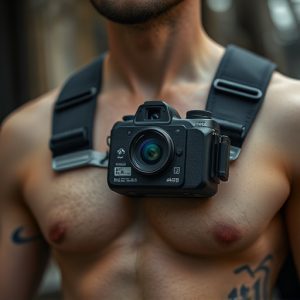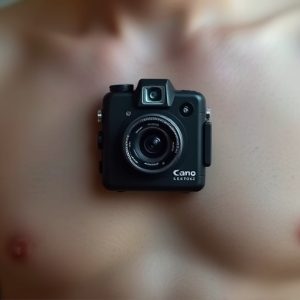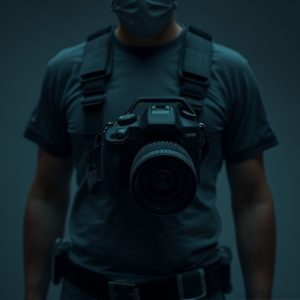Hidden Personal Body Cameras: Technology, Uses, and Legalities
Hidden personal body cameras, integrated into clothing or accessories, transform surveillance by cap…….
Hidden personal body cameras, integrated into clothing or accessories, transform surveillance by capturing high-quality evidence discreetly. They empower individuals in critical incidents, enhance security, and support legal cases. However, their use raises legal and ethical concerns regarding privacy, with regions restricting recording without consent. Ethical issues include violation of personal space and potential misuse of recordings. Balancing security and accountability with individual privacy requires clear guidelines and public discourse for responsible hidden personal body camera usage.
“Uncover the power of hidden personal body cameras—discreet devices with a profound impact. This technology, often referred to as wearables or covert cameras, offers unprecedented personal security and evidence capture. In an era where privacy is a paramount concern, these compact tools provide users with peace of mind. From everyday self-protection to professional surveillance, the applications are diverse. However, as with any powerful tool, hidden body cameras raise legal and ethical questions. This article explores the technology, its benefits, and the critical considerations that come with adopting this innovative yet controversial device.”
Understanding Hidden Personal Body Cameras: Unveiling the Technology
Hidden personal body cameras, also known as wearable surveillance devices, are a revolutionary technology that allows individuals to capture and record video evidence discreetly. These compact and minimally invasive cameras are designed to be worn on the body, often integrated into clothing or accessories, enabling users to document their surroundings without drawing attention. With advancements in miniature camera technology, these devices offer high-quality video recording capabilities, making them a powerful tool for personal safety, legal documentation, and even creative purposes.
The concept behind hidden personal body cameras is to empower individuals with the ability to record their experiences, especially in situations where traditional cameras might not be accessible or could compromise privacy. These cameras can capture critical incidents, interactions, or evidence of various events, providing a level of protection and accountability. The technology has gained significant attention for its potential to enhance personal security, support legal cases, and even serve as a creative outlet for vloggers and content creators who value authenticity.
Benefits and Applications: Why You Might Need One
A hidden personal body camera offers a discreet yet powerful tool for capturing and documenting various aspects of daily life, providing multiple benefits and applications across different scenarios. For individuals seeking evidence or proof in potentially risky situations, this technology becomes indispensable. Whether it’s for personal safety, legal purposes, or simply to have an accurate record of events, these cameras can be a game-changer. They allow users to capture high-quality video and audio discreetly, ensuring that every moment is documented without anyone’s knowledge but your own.
The applications of a hidden personal body camera are vast and varied. For instance, it can be a valuable asset for individuals working in fields with inherent risks, such as security guards, delivery personnel, or even everyday citizens concerned about their well-being. These cameras enable users to capture interactions, accidents, or any unusual occurrences, which can later serve as irrefutable evidence. Additionally, they provide peace of mind, knowing that important details are recorded and easily accessible if needed.
Legal Considerations and Ethical Implications: Navigating Privacy Concerns
The use of hidden personal body cameras raises significant legal and ethical considerations, particularly around privacy. In many jurisdictions, recording someone without their explicit consent is illegal, viewing such recordings as a breach of privacy rights. The rules become more complex when considering public figures or situations where consent might be implied through conduct. For instance, while a citizen may have a right to record police interactions for accountability purposes, doing so in private spaces or with malicious intent could lead to legal repercussions.
Ethically, the implications extend beyond legality. Hidden cameras invade personal space and can capture intimate moments intended for privacy. This raises concerns about consent, trust, and the potential misuse of recordings. The impact on relationships and mental well-being cannot be overlooked. As technology advances, it’s crucial to have clear guidelines and public discourse on the acceptable use of hidden personal body cameras to balance security and accountability with individual privacy rights.


